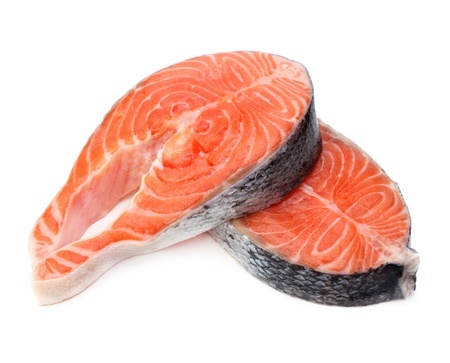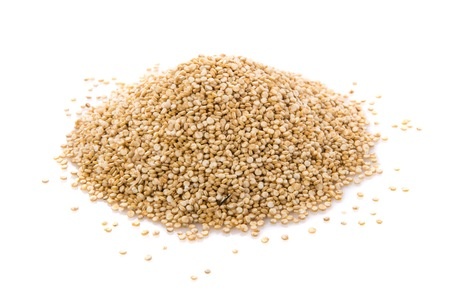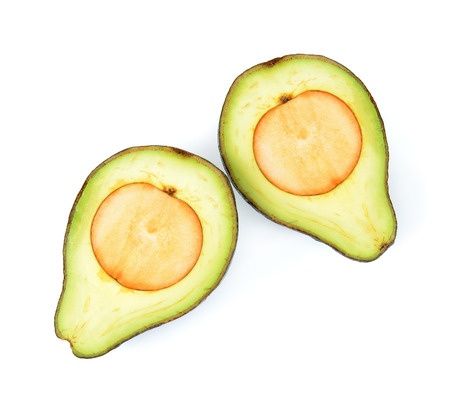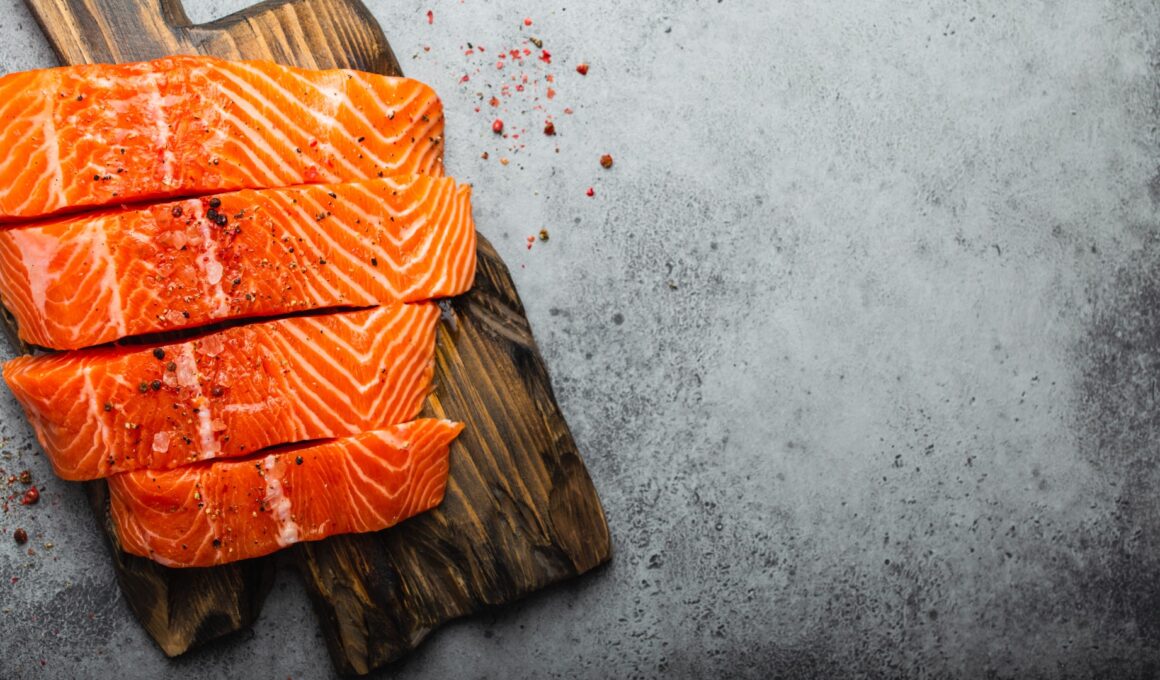If you struggle with gas then you may find this to be not only uncomfortable but also highly embarrassing. It’s a great way to get a seat to yourself on the tube but other than that it’s something most of us would certainly rather avoid.
Unfortunately, it turns out that a lot of our favorite foods are actually likely to increase our flatulence – and even some of the healthiest foods can contribute. Vegetables for example are particularly bad at accumulating methane and other gases, while carbonated drinks are literally full of excess gas.
While you might not want to avoid these foods entirely, if you have a hot date, or an important interview, then you may consider leaving them out of your diet for a while. So what do you eat instead? Here are some ‘safe’ options that shouldn’t cause much gas…
Protein
As a rule, protein shouldn’t cause too much gas (not counting protein shake). White meats like chicken and turkey, fish and eggs are particularly good at helping you to avoid wind. That said, some protein – and especially egg – will make your wind more pungent if it should escape. It’s a matter of weighing up the odds…

Vegetables Low in Carbs
Why do vegetables cause gas? Actually the problem tends to come from the sugar content – it’s the fact that you’re eating carbohydrates that’s the real problem here. So what do we count as low carb vegetables? Starches should be avoided and we all know that beans are particularly bad. But raw spinach, cauliflower, lettuce and parsley are much safer.
Why are carbohydrates a problem? It’s because they are fermented in the bowel, drawing in fluid and producing gas. This same thing doesn’t happen with other types of food to the same extent.
Quinoa and Brown Rice
It’s impossible to completely avoid carbohydrates but as it goes, quinoa and brown rice will be better for bulking up your meals than bread or pasta thanks to the more complex carbs and the smaller quantities.

Don’t be too hard on bread though. A lot of people want us to believe that bread and gluten can cause bloating, gas and nausea – but in fact this is only true for people with coeliac disease or gluten sensitivity. For the rest of us, there’s no problem with wheat. What may be to blame are ‘FODMAPs’ found in cheese, milk, some vegetables and some legumes. Brussels sprouts are high in FODMAPs and we all know what they can do for our rear ends! Pasta also contains FODMAPs, while rice is safe.
Avocado, Guacamole, Humus and Tahini
Some useful spreads that can add some flavor to your meals without adding gas to your gut. These spreads are higher in fat than in carbs and won’t upset your stomach in the same way as a result.

Water
If you’re avoiding fizzy drinks, then what can you use to hydrate instead? Unfortunately fruits high in sugar will contribute wind so juice may not be the best bet. Likewise, you should avoid milk thanks to its lactose content and FODMAPs. Water it is then!
Keep in mind that wind in itself is no bad thing. Gasses are a natural byproduct of digestion and the body has no trouble in removing them. Most of the foods that cause bloating and gas are good for us in other ways, so use this above diet only if you’re struggling with wind or if you really can’t afford to let one go!




